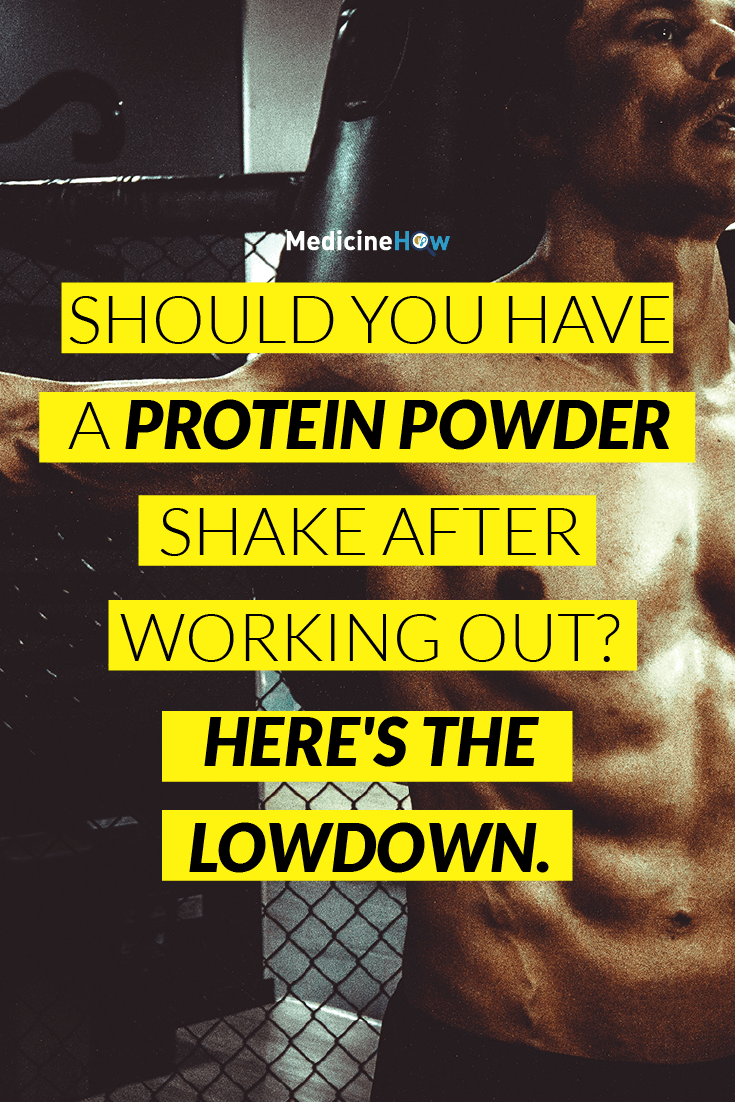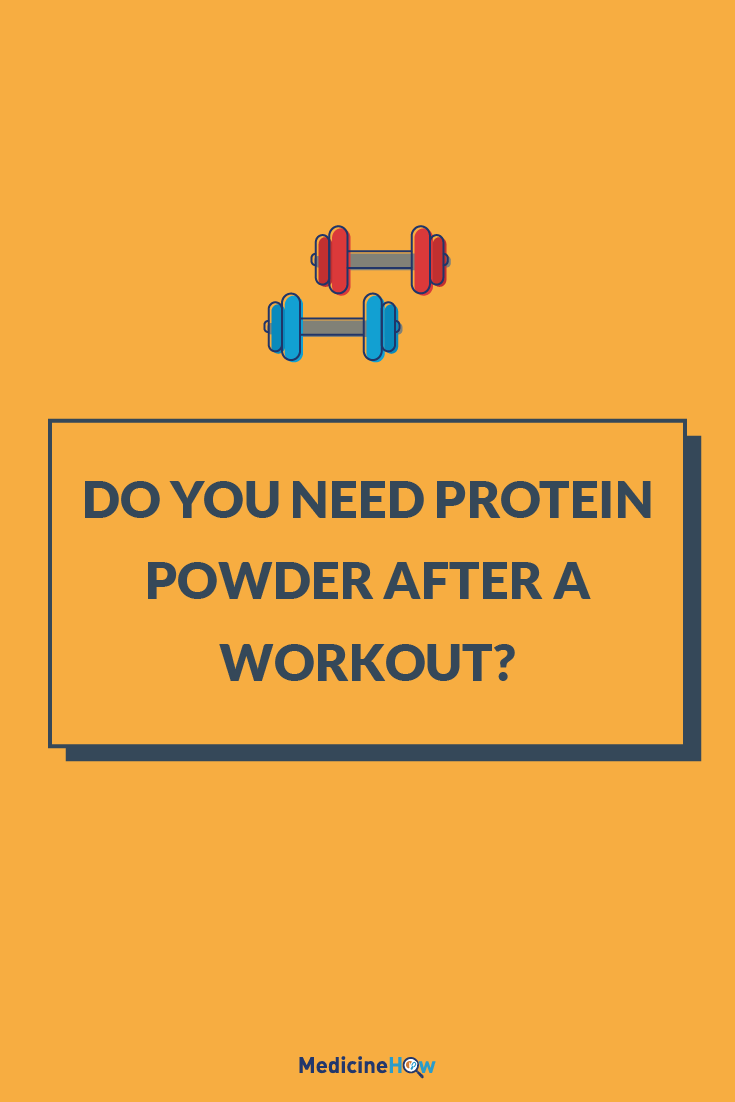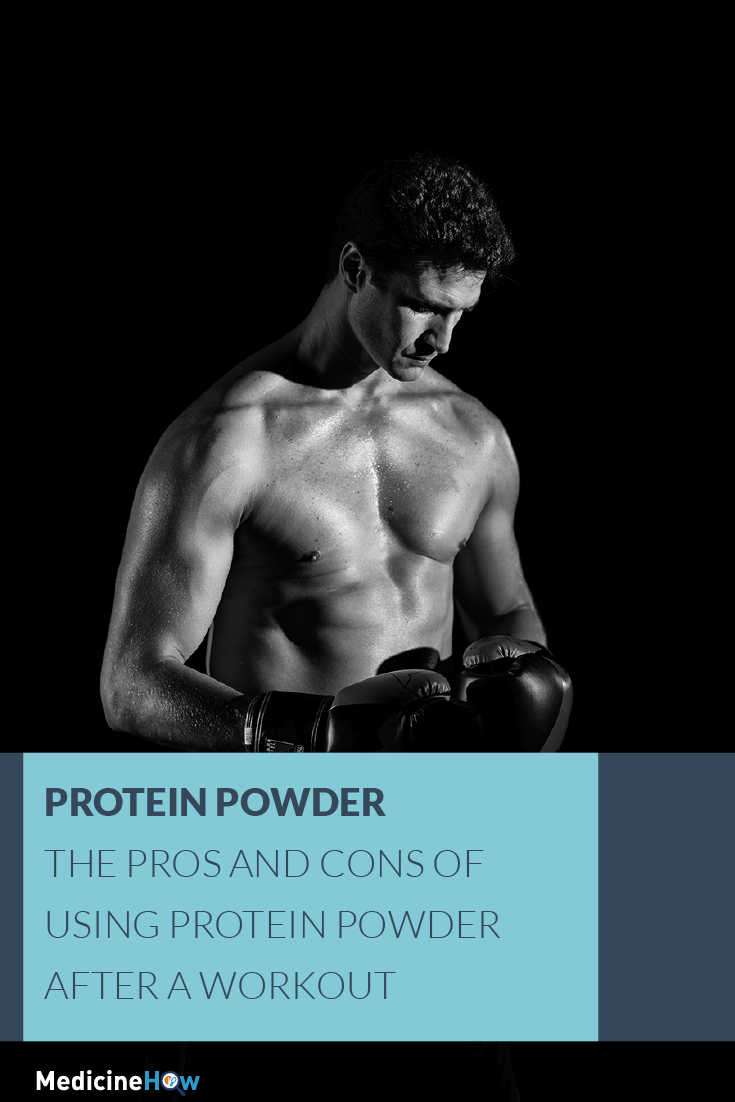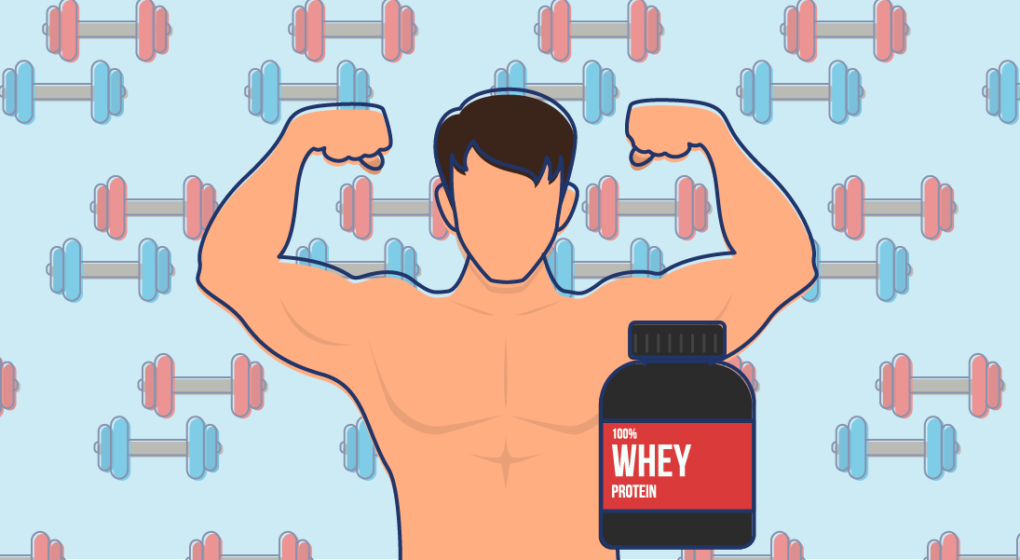
Protein powder is a hot topic in the health industry; there’s no doubt about that. From personal trainers posting a picture of their post-workout protein shake to a brilliant excuse for loading up your plate with roast chicken and fried eggs, everyone seems to be getting on board.
But do you really need all this protein?
It’s certainly a subject that a lot of people aren’t quite sure about it. Someone on Facebook recently asked the Medicine How page a question about it:
Hey MedicineHow, I was wondering if there’s science behind protein powders or whether it’s just a load of rubbish? What are your thoughts?
I’m quite sure they’re not the only one trying to work out the truth of it all, so this post is to help get to the bottom of the issue.
What is protein?
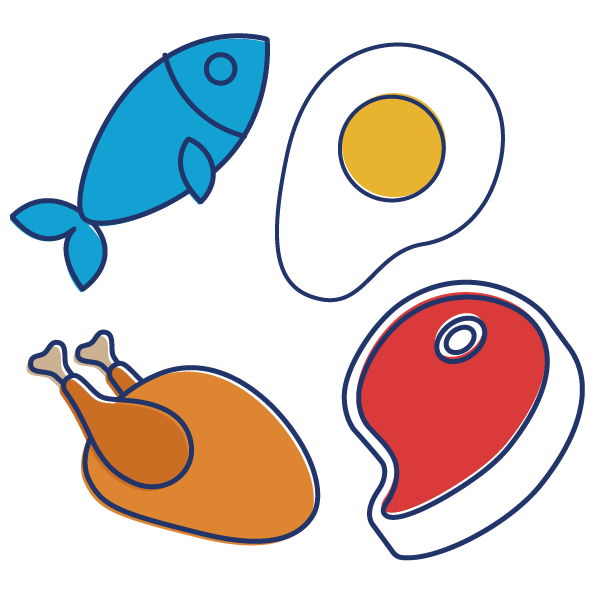 Protein is an integral part of the body that is found in every cell. It plays an important role in the way your body functions, particularly in the building and repairing of tissues.
Protein is an integral part of the body that is found in every cell. It plays an important role in the way your body functions, particularly in the building and repairing of tissues.
It’s called a macronutrient, which essential means your body needs quite a bit of it – more than vitamins and minerals, for example. Naturally, we consume the protein we need in our diet. Foods that are particularly rich in protein are:
- Chicken (25 g/100 g)
- Eggs (13 g/100 g)
- Fish (19 g/100 g)
- Turkey (14 g/100 g)
- Beef (14 g/100 g)
- Milk (3.4 g/100 g)
- Legumes (5 g/100 g)
- Nuts (20 g/100 g)
You can find specific values of protein for different products here.
How much protein do you need?
Every person has different dietary requirements and this holds true for protein. Different body sizes and shapes, gender and lifestyle all affect how much protein you need.
For the average person that does not have any specific protein dietary needs:
- Adult males should consume approximately 56 g of protein every day
- Adult women should consume approximately 46 g of protein every day
The recommended amount of protein required differs considerably according to life circumstances. For example, women who are pregnant or breastfeeding need more protein than usual – about 71 g each day.
Read more about the quantity of protein needed for different individuals here.
In specific circumstances, some people may need more or less protein than otherwise recommended. Elite athletes or people trying to build muscle bulk fit into this category and may need to consume consuming approximately 1.8-2.3g/kg of protein each day, which may equate to a considerably higher level of protein of about 180 g/day. (Read here and here.)
Why do you need protein when you workout?
The reason that protein is so strongly linked to high-intensity exercise is because of the role that protein plays in the growth of muscles.
Your muscles contain a high proportion of protein, which are continually being broken down and repaired. When you workout your body “consumes” some of the protein in your muscles as “energy” and the protein need to be replaced.
This is where your diet comes in. Because your food provides you with the protein you need, when you workout you need more protein than usual to rebuild the muscle.
Scientific research has this confirmed this benefit of the high protein diet during periods of high-intensity workouts. This paper concludes that protein is beneficial and supplementation may assist in reaching the required levels of protein. This study recommends a subtle increase in protein intake during period of intense exercise and does not establish any major risks.
As far as when the protein should be consumed, it appears that as you would normally include in your diet seems to be sufficient and there is no need to consume protein immediately after exercise. This study concludes that carbohydrates – not protein – are the most important macronutrient to be replenished straight after a workout.
Protein has also been linked to weight loss. This paper looked at the effect of increased protein and decreasing the glycemic index in the diet, and found that it is an effective method to help with maintenance of weight loss.
So we can see that consuming more protein in your diet does offer some benefits. But is it necessary to use protein powder rather than eating more protein-rich food?
Are protein shakes better than protein-rich food?
The main benefit of protein powder is that it contains a very high concentration of pr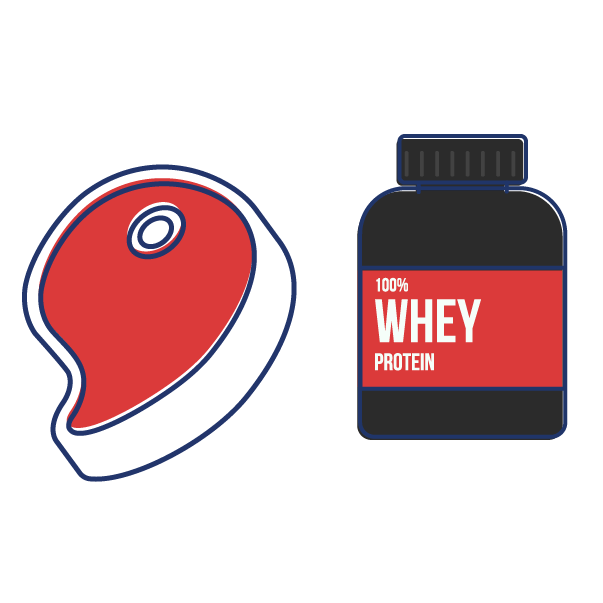 otein, which makes it much easier to
otein, which makes it much easier to
get the daily required level of protein for optimal results.
Protein powder generally contains about 80g of protein in every 100g of powder. This high concentration of protein makes it much easier to reach elevated targets of protein when you are trying to build muscle mass.
But I’m going to draw upon your common sense here. Do you think it’s necessary to use an artificial powder to get the dietary intake of protein that you need?
Yes, the scientific research has shown several cases when requirements of protein are higher than usual where it can offer a benefit. But none of these studies claimed that the extra protein should specifically come from protein powder.
When you listen to your gut, do you think you need to use protein powder – or is it the marketing of companies that produce protein powder telling you that?
In some cases when particularly high levels of protein are needed – like for elite athletes – protein powder can offer a practical solution to consume the level of protein needed to maintain muscle mass but for the majority of people, you can usually get the protein you need by consuming whole foods that are protein-rich.
Can too much protein cause harm?
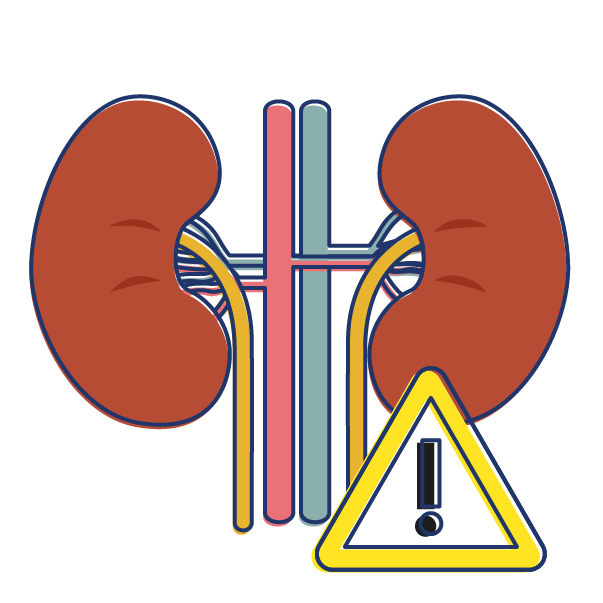 Of course, one of the most important things you should ask yourself before trying to boost your protein intake with a powder is whether it is safe for you.
Of course, one of the most important things you should ask yourself before trying to boost your protein intake with a powder is whether it is safe for you.
Is excess protein bad for you?
Well, it could be.
From a theoretical perspective, a high concentration of protein in your bloodstream can put a lot of stress on your kidney. Your kidney usually filters your blood to excrete the things you don’t need in your urine. Protein molecules are made up of a long chain of amino acids – they are quite large. Because of their size, they have the potential to put “holes” in the filter in your kidney, which could cause significant problems for your urine production later on.
In fact, this effect has been shown in mice and rats in several studies, as they developed renal problems following a protein-rich diet. (Read here and here.)
However, up until now there hasn’t been any reliable research to say that humans are also affected in the same way. On the contrary, several studies have found that humans can consume a high protein diet – up to 30% protein – with relatively few side effects. (Read here and here.)
The Verdict on Protein Powder
The average person needs about 50-60 g of protein each day, a target that most people should be able to reach relatively easily through their diet alone.
Foods like meat, fish and eggs are great sources of protein for people looking to increase protein intake. As vegetarians and vegans may not eat these foods as often as needed, they will need to look to other sources to reach the target amount of protein needed each day, such as legumes.
Protein powder is also commonly used among elite athletes and people wanting to increase muscle bulk. There is substantial evidence to support the use of additional protein to help with the maintenance and building of muscle.
While there isn’t any strong research to say too much protein can cause damage to your kidneys, theoretically it can and has been confirmed in studies of mice. For this reason, it’s a good idea to keep any increase of protein in your diet quite modest, just to be on the safe side.
Do you need more protein in your diet?
Start with making small alterations in your diet to increase your natural intake of protein. Eating more chicken, fish and eggs is a great way to start. Then, if you still feel like you need to increase your intake of protein and cannot do so by increasing your diet, you might consider a protein powder.
Just remember that even protein has a limit and overdosing of a healthy nutrient needed by the body can do more harm than good.
What do you think about protein powder? Would you use it during when you are doing a lot of physical training?
Pin it!
